Netflix's Password Crackdown: How User Convenience Triumphed
Written on
Understanding Netflix's Password Sharing Policy
So, has Netflix truly emerged victorious? In light of the recent password-sharing restrictions, did the convenience of subscribing outweigh user dissatisfaction?
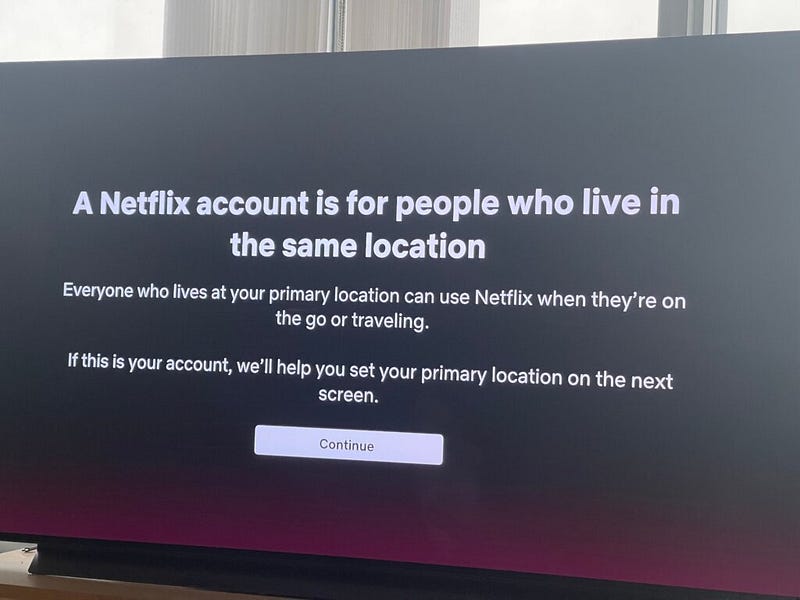
Back in February, I discussed the backlash following Netflix's decision to enforce stricter password-sharing rules, a practice they had previously encouraged. It seemed shortsighted for Netflix to assume that everyone sharing an account was part of a singular, stable household. This assumption overlooked a diverse array of users: business travelers, college students, families with multiple residences, and those who do not all reside under one roof.
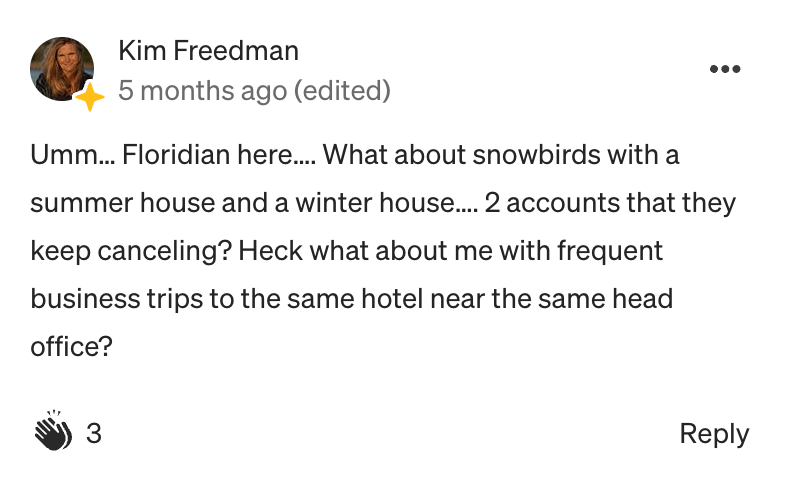
In response to the furious tweets and numerous comments threatening to cancel subscriptions, it was reasonable to expect that Netflix would see a significant drop in users. However, the opposite occurred.
Section 1.1 The Unexpected Subscriber Surge
Netflix actually experienced a notable increase in subscribers. Despite forecasts of mass cancellations, Variety reported a 25.6% rise in the ratio of new sign-ups to cancellations since the policy's implementation on May 23. It seems that many individuals faced with the new prompt were eager to continue watching their favorite shows, even if it meant starting a new subscription.
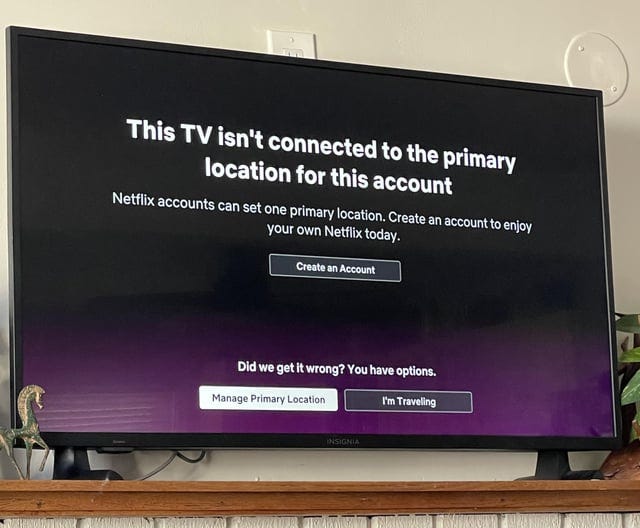
What happened to the uproar? Where did all the threats of piracy go? The reality is that while accessing pirated content has become easier with the internet, it still remains more cumbersome than simply subscribing to Netflix. When faced with the choice, most users prefer the path of least resistance, even if it means compromising their principles for the sake of convenience.
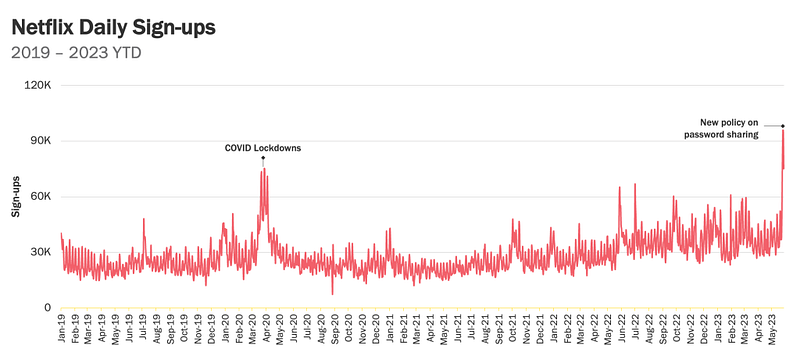
Section 1.2 The Nature of User Behavior
How many of us actually read through lengthy user agreements? How many express concern over privacy while willingly sharing personal information for social media access? (As Jaron Lanier wisely noted: if you’re not paying, you’re the product.)
This isn't to suggest that users are mindless sheep who relinquish their data without thought. Rather, it's a fundamental human trait to seek efficiency and minimize effort. This principle of least effort explains why even a frustrating policy like the password crackdown can lead users to comply with the service that provides the easiest access.
Chapter 2 The Evolution of Streaming
Reflecting on the past, it was incredibly challenging to find unlicensed anime content back when YouTube was a free-for-all and copyright strikes were rare. A typical episode of a show like Naruto would be split into several short clips, making the viewing experience tedious. Had there been a platform like Crunchyroll back then, I would have eagerly paid for an uninterrupted service.

In today's landscape, piracy, while more accessible than ever, does not compare to the convenience offered by Netflix. Did Netflix compromise its trust with users? Likely. Yet, many companies, despite facing significant public backlash, continue to thrive—think Facebook, Amazon, or Adobe.
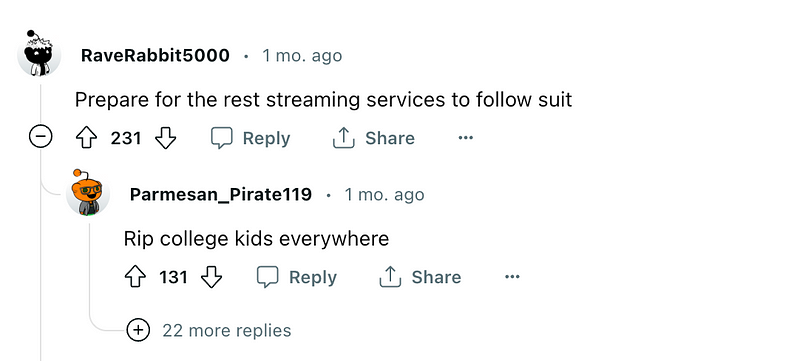
Section 2.1 The Future of Streaming Services
As long as streaming services remain more user-friendly than their competitors, users will continue to subscribe. In a world where efficiency is paramount, many will find it easier to navigate the new prompts rather than consider alternatives to access Netflix originals.
The first video titled "Netflix Won The Streaming Wars" discusses the implications of Netflix's strategies and subscriber dynamics.
The second video titled "Netflix Won The Streaming Wars: It Now Wants To Go After Something Much Bigger" explores Netflix's future ambitions and market strategies.
In conclusion, the ease of use triumphed over public outrage. Despite widespread disapproval of the password-sharing ban, many users chose to sign up when prompted to leave their parents’ accounts and create their own. This outcome, reflecting human behavior, should not be surprising.